Join getAbstract to access the summary!

Join getAbstract to access the summary!
Joe Studwell
Asian Godfathers
Money and Power in Hong Kong and Southeast Asia
Atlantic Monthly Press, 2007
What's inside?
Southeast Asian tycoons prosper with government-approved monopolies in an economic system that looks open and is closed tight.
Recommendation
The Western world views the economies of Southeast Asia as “Asian tigers,” and sees Hong Kong, Malaysia, Singapore, Indonesia, Thailand and the Philippines as hubs of free trade and innovation. Not so fast, warns Asia expert Joe Studwell. What appear to be sleek, streamlined economies are more like rickety old jalopies that creak with cronyism and secretive monopolies. In this enlightening, searing attack, Studwell pegs Asia’s ruling tycoons or “godfathers” as charming billionaire throwbacks who ruthlessly control business empires with the permission of corrupt, ever-shifting governments, prospering as the populace struggles. Studwell does a masterful job of synthesizing a sprawling topic. getAbstract recommends his book to anyone who’s considering investing in or doing business in Southeast Asia.
Summary
About the Author
Journalist Joe Studwell edits the China Economic Quarterly and is a director of a research firm. He has covered China for The Economist and wrote The China Dream: The Elusive Quest for the Greatest Untapped Market on Earth.









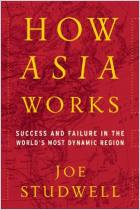

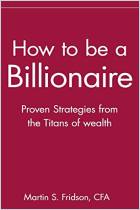
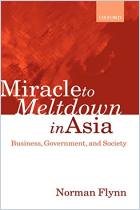
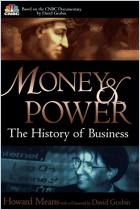

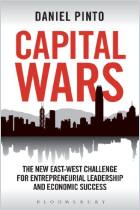



Comment on this summary